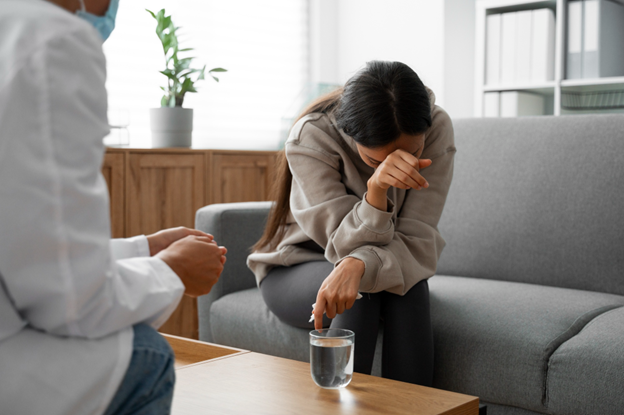People searching for addiction treatment are not casually browsing. They are often in crisis or urgently trying to help someone they love. Yet many addiction treatment PPC campaigns still follow the same templates used for local services or retail products.
Addiction treatment PPC requires an entirely different approach. It calls for empathy, urgency, and a deep understanding of people’s behavior in moments of fear and uncertainty. It is not just about getting clicks. It is about building trust and guiding someone toward life-changing help.
Let’s examine why traditional PPC methods fail and how to create campaigns that make a difference.
Why Standard PPC Approaches Fall Flat
A standard PPC playbook might involve broad keyword targeting, catchy headlines, and promotions. But in the addiction treatment space, this type of messaging can come off as tone-deaf—or worse, exploitative.
Here’s why traditional strategies underperform:
They Prioritize Volume Over Intent
Generic campaigns often cast a wide net. That means you’re paying for clicks from users who aren’t ready, aren’t looking for help, or clicked out of curiosity—not need.
They Ignore Emotional Context
Someone searching for “help for heroin addiction” isn’t in the same mental space as someone looking for new running shoes. Messaging must not sell a product but must speak directly to fear, urgency, and confusion.
They Rely Too Heavily on Automation
While automation has its place, relying on machine learning alone can lead to mismatched keywords and inappropriate ad placements, especially in sensitive categories like rehab.
Rehab Requires Rehab-Specific Messaging
Addiction treatment PPC must begin with empathy. The ad is often the first point of contact between a person in crisis and potential care, and that first impression matters.
What does effective messaging look like?
Clear, Compassionate Language
Instead of “Get Treatment Now,” consider: “We’re Here. Let’s Talk About Recovery.” Language that feels supportive—rather than transactional—encourages trust.
Reassurance Through Transparency
People want to know what to expect. Highlight licensed care, medically supported detox, or 24/7 availability. These specifics provide comfort.
Sensitivity To Stigma
Avoid terms that may feel clinical or judgmental. Keep your tone warm, human, and validating.
The goal is not just to generate a lead—it’s to offer a lifeline, and messaging should reflect that.
Strategic Tactics for Crisis-Driven Decision-Making
Addiction treatment PPC isn’t just about the ad copy. It’s also about timing, structure, and the user journey after the click.
Here are tactics tailored for high-stakes, crisis-driven behavior:
- Click-to-call functionality: When someone is searching in a moment of need, they often don’t want to read—they want to speak to a real person. Click-to-call makes that instant connection possible.
- Live chat integration: Chat offers a lower-pressure alternative for users who aren’t ready to talk aloud. It can also answer quick questions and reduce bounce rates.
- Mobile-first design: The majority of addiction treatment leads originate from mobile searches. Mobile-friendly ads and landing pages aren’t optional—they’re essential.
- Urgency, not panic: Use language that inspires immediate action without overwhelming. “Admissions available now“ or “Start healing today“ strike the right tone.
Lead Quality > Click Volume
If you’re spending thousands on ads but not seeing real inquiries or admissions, the problem may not be Volume—it could be quality. The purpose of addiction treatment PPC is to connect with people who genuinely need services.
Here’s how lead quality ties into long-term success:
- Less wasted spend: Fewer empty inquiries mean your budget works harder.
- More meaningful conversations: Your staff spends less time chasing the wrong leads and more time engaging with ready clients.
- Higher admission rates: When messaging aligns with needs, conversion rates increase naturally.
This is where the addiction treatment lead-generation strategy comes full circle. By refining targeting and messaging, you’re not just acquiring leads—you’re building relationships that lead to real recovery journeys.
Putting People Before Clicks: The Future of Addiction Treatment PPC
Addiction treatment PPC is not plug-and-play marketing. It requires a deep understanding of the human experience behind the keyword—and a strategy built around urgency, empathy, and trust.
If you’re ready to move beyond the old models of addiction treatment marketing and create campaigns that truly connect, 800 Recovery Hub can help. Our team understands the sensitivity of this space and offers personalized strategies that align with your mission—and your community’s needs.
